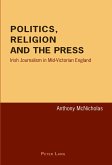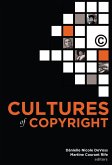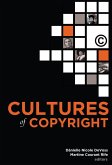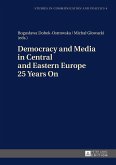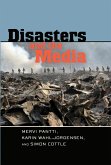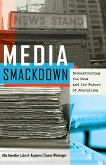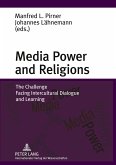Helen Garner's The First Stone (1995), a 'non-fictional' book about a sexual harassment case at a University of Melbourne residential college, captured and maintained the Australian media's attention in an unprecedented way. Its publication sparked extensive media commentary regarding an alleged generational war within Australian feminism. While talkback radio, current affairs television, and cultural events such as literary festivals and forums all took part in this heated public contest over the meanings of feminism, this book reconsiders how the debate played out in the Australian print media. Analysing texts as diverse as feature articles and opinion pieces, non-fiction by young feminists, letters to the editor, celebrity feminist profiles and articles, as well as The First Stone itself, this book offers the first in-depth analysis of this debate as a 'media event'. Refusing to adopt either a condemnatory or celebratory approach to the complex relationship between feminism and media culture, it argues that the First Stone media event is indicative of the limitations and the opportunities proffered by the mediatisation of contemporary feminism. Mediating Australian Feminism provides insights that will be valuable to scholars interested in feminism, journalism and news culture, literary reception, and the politics of media representation.
Bitte wählen Sie Ihr Anliegen aus.
Rechnungen
Retourenschein anfordern
Bestellstatus
Storno



